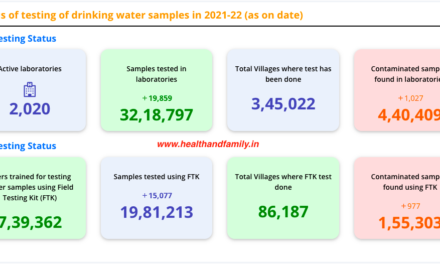A recent study by researchers at Waseda University in Japan has revealed that short, light-intensity exercises can significantly enhance blood flow to children’s brains, particularly in the prefrontal cortex, thereby improving cognitive functions. The study, which focused on a group of 41 healthy children ranging from fifth-grade elementary to third-year junior high school, highlights the potential benefits of incorporating brief physical activities into daily routines.
The researchers concentrated on simple exercises such as stretching, which were performed while seated for 10 to 20 seconds. Using functional near-infrared spectroscopy (fNIRS), a non-invasive imaging technique, they observed a notable increase in oxyhaemoglobin levels in the prefrontal cortex during these activities, compared to resting states. The prefrontal cortex is known to play a critical role in various cognitive functions, including decision-making, problem-solving, and emotional regulation.
Published in the prestigious journal Scientific Reports, the study suggests that these light exercises could be a valuable tool in programs aimed at improving cognitive functions and reducing sedentary behavior among children. Given the growing concern over the impact of prolonged inactivity on children’s health and cognitive development, these findings offer a simple yet effective intervention.
The researchers also emphasized the broader implications of their findings, suggesting that such exercise programs could be adapted for adults and the elderly to help prevent cognitive decline. As the global population continues to age, maintaining cognitive health is becoming increasingly important, and integrating short, light exercises into daily routines could be a proactive step towards achieving this goal.
In conclusion, the study by Waseda University provides compelling evidence that even brief periods of light exercise can have significant benefits for brain health. As educational and healthcare systems seek to promote healthier lifestyles, incorporating these simple exercises into daily schedules could play a key role in enhancing cognitive performance and overall well-being in children and beyond.












